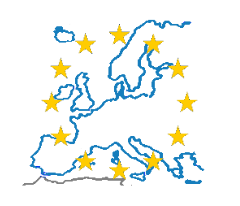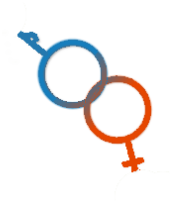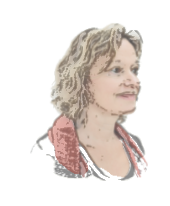Study Abroad Program CHID/JSIS in Berlin/Germany:
Through the Prism of Berlin: The Politics of Space, Place, and Social Transformation
Berlin is a city with many faces: in the last century alone, it has been at the center of two World Wars, the site of the Cold War and the Wall, as well as the epicenter of unification and European integration of East and West. The Fall 2017 CHID/European Studies program in Berlin will explore the city as a prism for German history, unification, and European integration more than 25 years after German unification. We will trace the social, cultural, political and architectural markers of a divided past and ask how they inform the present and future of this global city. What did political unification mean for the citizens of Berlin, and how have economic and social changes impacted post-Cold War German identities? What role does Germany play in the current European debt crisis and will its new power in international relations be welcomed in Europe? We will address these questions by way of urban explorations in the German capital, in meetings with public officials, social activists, artists, and journalists as well as through a wide variety of thematic texts and other media. The primary goal is to unsettle preconceived notions of East/West cultural, economic, and political power and to expose students to different modes of seeing the city.
Berlin site visits include the German Parliament, the former STASI (secret police) headquarters, memorial sites for the Berlin Wall, the Topography of Terror, the Jewish museum, party headquarters, major art galleries, and other relevant sites in Berlin. We plan field trips to Munich and Prague.
COURSES
Germany in Europe: Political Legacies and Post-Unification Challenges
The primary learning goal of this class is to introduce students to the history and politics of a country long divided by ideology, culture, and economic and political systems, and to help them identify the legacies of division and adaptation in the fabric of the city. The more general objective is to develop students’ understanding of the sources and dynamics of social change as well as of the different voices that claim these processes of change as “theirs.” Exposing students to a range of actors in the post-unification remaking of Germany, the course will instill a sense of how a new polity is actively made and not just passively experienced (or suffered). Discussions with activists, journalists, and politicians will provide students with direct exposure to the different narratives of Germany’s past and future role in Europe. Assessments will be based on a number of exercises and requirements, ranging from participant-observation of events to independent research and essay writing.
Urban Cultures and Social Change in Berlin
The primary learning objective of this class is to facilitate independent research and experiential learning in the city. The instructor will help students network with local actors or groups to immerse themselves in specific areas of Berlin’s political and civic culture. Students will conduct independent fieldwork in groups will meet with the instructor to discuss assignments, and will present their research at the end of the course. This final product can take a number of forms: It can be a research paper, a video documentation, the development of a resource website, or a photographic
De/constructing the capital: Historical memory and the politics of space in Berlin
This course will introduce students to ideas of Berlin’s construction and deconstruction through an exploration of connections between historical memory, space, and place. Students will be assessed through various means, including assignments and oral presentations on sites visited.
Here are some student comments from previous Berlin Programs:
- “Berlin is the most amazing city I have ever been to, hands down – and I had done a good amount of traveling. The opportunity to learn from these particular professors in such an astounding location is awesome.”
- “Studying in Humboldt University campus was a really positive aspect of the trip. The living arrangements were really good. Big apartments.”
- “It was one of the best experiences I have had. You fall in love with Berlin as soon as you get there and you learn so much. Berlin has such a rich history and being able to experience it was amazing.”
If you are interested in this program, please e-mail me at salang@uw.edu







